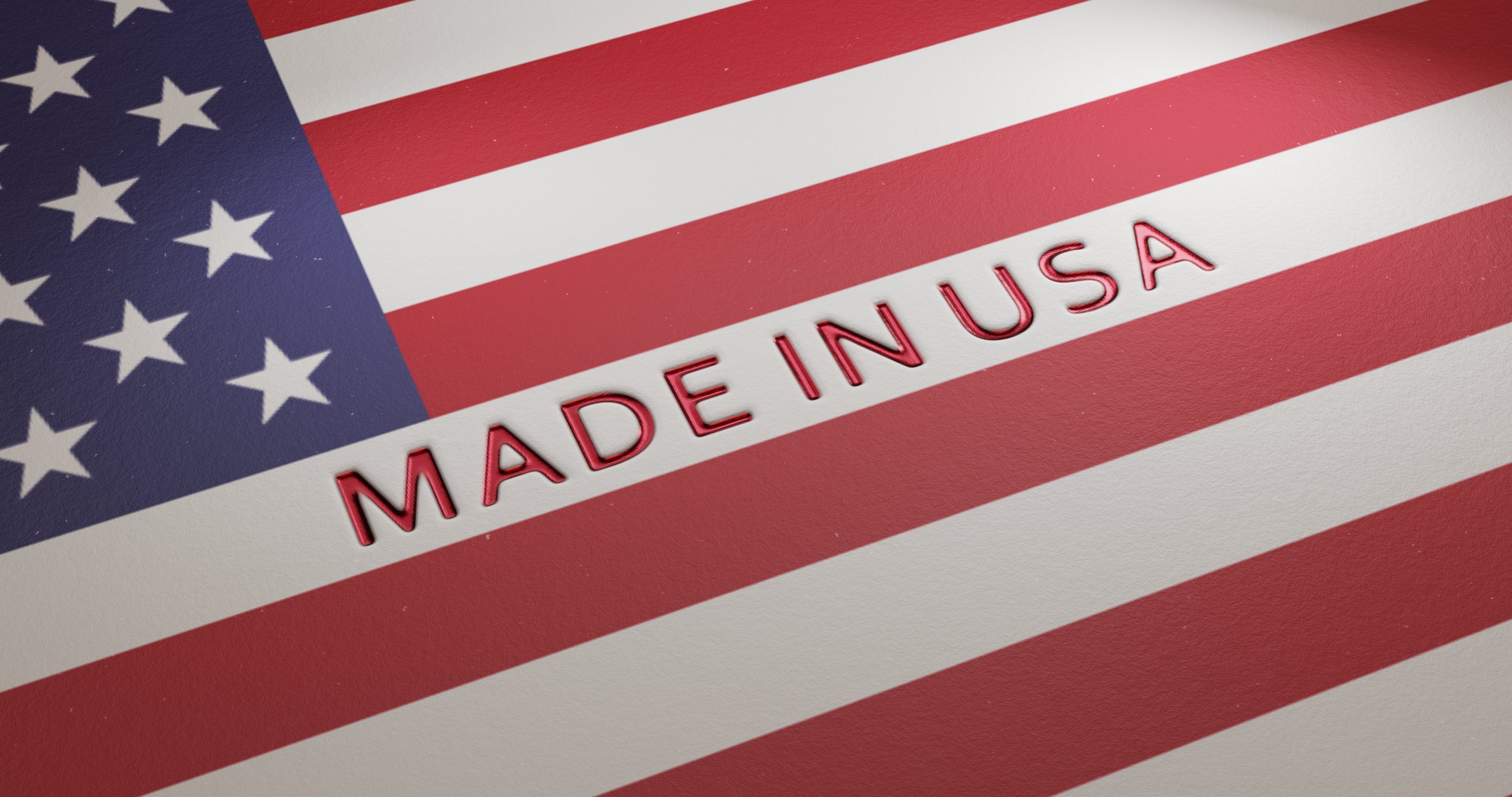A recent decision from the California Ninth Circuit Court of Appeals has revived a class action lawsuit against dietary supplement company ProSupps USA LLC, signaling a potential shift in how courts may treat consumer-led testing in mislabeling cases. The court found that allegations based on a single lab test, conducted using FDA-approved methods but not the full FDA sampling protocol, were sufficient to survive a motion to dismiss.
The ruling could have broad implications for manufacturers and suppliers across the supplement industry, particularly those operating in jurisdictions under the Ninth Circuit’s authority.
Scheibe v. ProSupps
Plaintiff Scheibe’s case centered on ProSupps’ Hydro supplement, which is labeled as having zero carbohydrates or calories per 13.8-gram serving. Originally filed in November 2022, the complaint detailed that the plaintiff purchased the product relying on those claims and later tested the supplement using FDA-approved analytical methods.
These test results allegedly showed 5.68 grams of carbohydrates and 51 calories per serving, which exceeded FDA’s tolerance thresholds for zero-calorie and zero-carbohydrate claims.
Scheibe filed a class action lawsuit under California consumer protection laws. However, the district court dismissed the complaint, holding that the plaintiff failed to follow the FDA’s full sampling protocol that required a composite of twelve randomly selected samples. This meant the claims were preempted by federal law.
On appeal, the Ninth Circuit disagreed. Writing for the panel in a decision last month, Circuit Judge Johnstone opined, “even without these sampling allegations, Scheibe’s complaint still allows a court to draw a reasonable inference that ProSupps misbranded the supplement under the Act.”
The court held that the plaintiff had not “pleaded his state-law claims into preemption,” allowing the case to move forward.
Legal analysis: Expert commentary on compliance risk
While the decision does not establish a hard-and-fast rule that a single test will always suffice, it changes the early litigation landscape, said Matt Orr, partner at law firm Amin Wasserman Gurnani.
“The Ninth Circuit didn’t actually hold that a single test will always be sufficient to meet plausibility standards under the Federal Rules,” Orr told NutraIngredients. “Rather, the Court held that lower courts are not precluded from drawing reasonable inferences based on allegations that fall short of an allegation of compliance with the FDA sampling process.”
He added that results may vary depending on the nature of the discrepancy between the label and the tested sample.
“I can envision a trial court reaching a different result in a case alleging a protein shortfall where the testing reflects a negligible shortfall,” he said.
From a risk mitigation standpoint, supplement makers may need to take a more conservative approach to product formulation and quality assurance.
“Where economically and practically feasible, manufacturers should consider formulating products with overages to mitigate the risk of even a single product reflecting a nutrient shortfall,” he advised.
FDA-compliant testing
The ruling may also influence pre-litigation strategy.
“Faced with a demand letter, to the extent they haven’t already conducted it, manufacturers may consider conducting FDA-compliant testing and, if the testing supports label claims, share that information with plaintiff’s counsel,” Orr said.
He added that this could be an effective deterrent, noting that “faced with favorable test results that satisfy the FDA sampling protocols, a plaintiff may run afoul of Rule 11 if they move forward with a complaint on grounds of their own shaky test results.”
Despite the expanded opportunities for plaintiffs, he emphasized that a plaintiff ultimately “will still need to prove a violation using the FDA sampling process” in order to prevail at trial.
“This opinion will likely embolden the plaintiff’s bar,” Orr concluded. For industry stakeholders, this reinforces the importance of maintaining robust quality control documentation and being prepared for litigation.
ProSupps declined to comment on the court’s decision..





